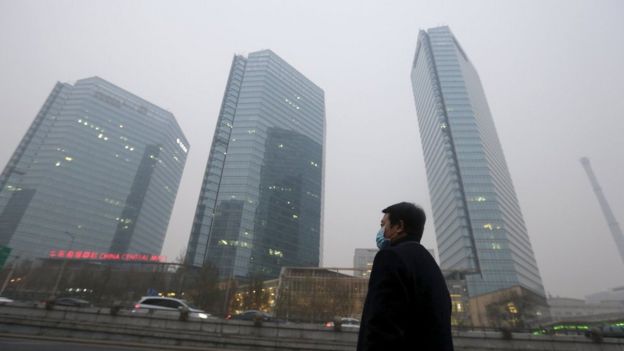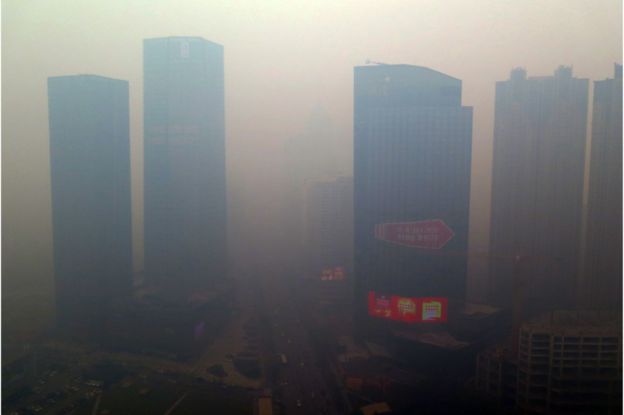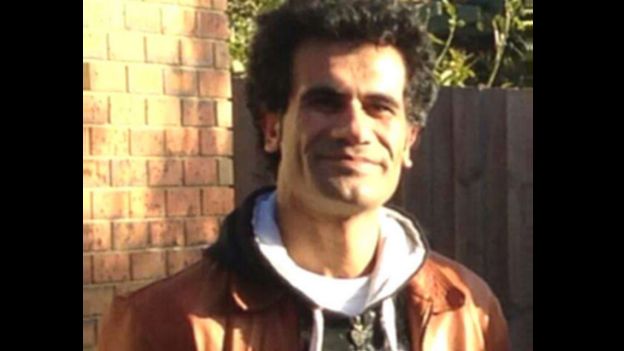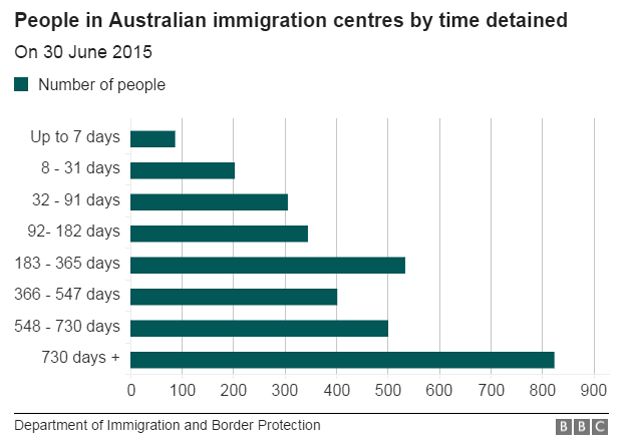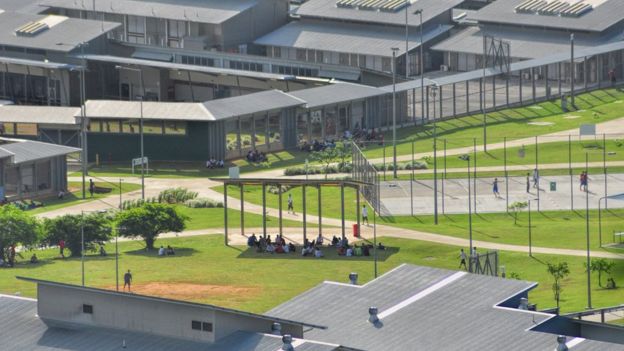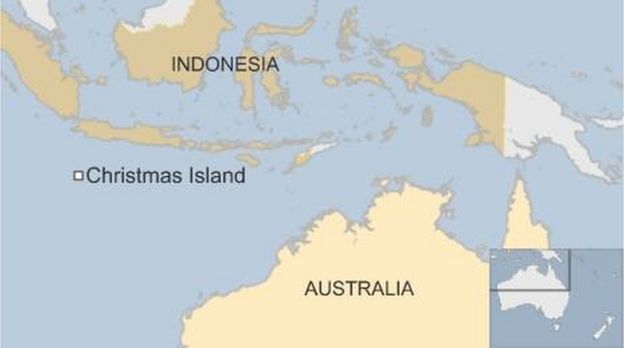On a chilly February evening in 2013, Shinhae Lee, a journalist and ethnic Korean woman who has lived in Japan her whole life, was at home by herself in Osaka when her computer pinged with a message from a friend. It said the leader of the nationalist group Zaitokukai had just announced on the Internet that he was sending her a spike, known in Japanese lore for its ability to curse someone to death.
Sensing she was up against thousands of faceless ultranationalists who wished her the worst, Lee went to the police, who said there was nothing they could do. She had been told the same thing two years earlier, when she reported that she felt threatened by a wave of hateful comments online and in public. A 44-year-old freelance writer who lives with her Japanese husband and teenage son, Lee got on Zaitokukai’s radar in 2011 after criticizing the group, which claims to have about 15,000 members, in a series of articles and TV appearances. Zaitokukai followers retaliated against Lee at rallies and on social media, calling her a “Korean hag” and other ethnically and sexually charged invectives. Once, after a Tokyo protest, a 28-year-old office worker wrote on Twitter, “Let’s expel Koreans, the good ones and bad ones, and let’s kill that woman,” referring to Lee. The police questioned him, and he apologized, but she was deeply shaken by how casually and gleefully strangers could champion her murder.
There are half a million ethnic Koreans in Japan, people known as Zainichi. They have kept their South Korean citizenship out of ancestral pride, but Zainichi are permanent residents. They're assimilated into Japanese culture, and many don’t speak Korean or have ties to Korea. Even so, ultranationalist groups like Zaitokukai have singled them out and used Japan’s very liberal protection of speech to harass, intimidate and silence Zainichi with noisy street protests and attacks online, often anonymously.
As a Zaitokukai spokesman said in a recent email, the ultimate goal of the group is to repeal the Immigration Control Act, which grants Zainichi permanent residency status and entitlement to health care, welfare and social security.
Japan is the only developed country without anti-discrimination laws. Although the government has long maintained that racism and discrimination don’t exist in Japan, the reality has gotten harder to deny. The rise of Zaitokukai has led to the spread of anti-Korean rallies across Japan, which draw dozens to hundreds of supporters from a radical fringe. They have marched with imperialist Japanese flags, described Koreans as parasites and criminals and called for their death. At one of its gatherings two years ago in Osaka, a 14-year-old Japanese girl told a small group of demonstrators, “I hate the Koreans so much, I can’t stand it. I just want to kill them all now.” She then proposed a massacre like the Rape of Nanking, prompting cheers of approval.
In the last few years, however, Zaitokukai has encountered a backlash. Japanese people have confronted members at their rallies with larger counterdemonstrations, a few of which turned violent. And in an unprecedented decision, the Japanese Supreme Court upheld a groundbreaking ruling forcing Zaitokukai to pay about $100,000 to a Kyoto elementary school for harassing ethnic Korean students after members stood outside the school shouting through bullhorns that children were cockroaches and children of spies. This summer, a Zainichi woman in Osaka filed suit against her company and its chairman for distributing discriminatory materials about Japanese-Koreans at work. And there is Lee’s case: After the online attacks, she filed suit in the Osaka District Court against the Zaitokukai and its then-leader, Makoto Sakurai, for $45,000.
“When I realized that criminal charges were difficult,” she said in a recent interview, “I felt that I had no choice but to take civil action.” In response, Sakurai, whose real surname is Takata, told the Japanese press, “She should take a good look herself at what she said. We plan to countersue her for groundless articles she wrote online.”
Lee is also suing the website Hoshu Sokuho for about $183,000 for compiling what she said are hateful anonymous messages about her and highlighting them on the Web message board 2channel. The case still has a long way to go, and the stress of it wears on her. She is often fearful in public and makes sure no one follows her from the courthouse. Though the harassment hasn’t let up, she and other Zainichi have noticed that anti-Korean rhetoric has become tempered lately. It’s now more common to call Koreans guests than to be explicitly racist and, in lieu of death threats, to complain about the special privileges they supposedly receive.
In a statement that anticipated Donald Trump’s infamous diatribe about Mexican immigrants, Sakurai expressed his concerns about the Zainichi at a 2013 rally near Tokyo. “Many Japanese are losing their lives because of crimes committed by Korean residents. Murder. Robbery. Arson. We are just saying that people who don’t like Japan should go back to their own country. What part of that is hate speech?” he said. More recently, a Zaitokukai spokesman claimed to be unaware of the extreme tactics often employed by the group, saying, “That Zainichi are discriminated against is a delusion.”
Another Zainichi woman to file a lawsuit, who is withholding her name to avoid harassment, disagrees with that assessment. A 47-year-old, third-generation Zainichi who lives with her Japanese husband and children in Osaka, she worked at Fuji Corp. without incident for a decade. But a few years ago, she said, her boss began sharing nationalistic propaganda and offensive comments about Zainichi, circulated in house on photocopied handouts. The material called them liars, expressed hatred and claimed they avoided paying taxes. “Some colleagues actually asked me if I ever pay taxes,” she said, deeply upset by all of it.
The woman went to Japan's Labor Standards Bureau and was told such statements were protected by free speech. So she got in touch with a lawyer and, before filing suit, wrote a letter asking the company to stop the offensive comments. In response, she was given the option to resign with compensation or to keep working without making a fuss. Instead, she initiated a lawsuit in August against the chairman and the company, suing them for about $275,000 for causing emotional distress.
After being reached for comment, Fuji Corp. posted a statement on its website calling her claim “groundless.”
According to Yasuko Morooka, a human rights lawyer and the author of the 2013 book “What Is Hate Speech?” these lawsuits will help anti-hate-speech legislation along by proving such discrimination does exist. “Almost all ethnic Koreans living in Japan have experienced discrimination,” she said in a recent interview, “so hate speech is nothing new.” With the recent increase in hate speech, a ban is necessary, she said, though it’s not a panacea.
“Education at school is essential to eradicating hate speech,” Morooka said, adding that erroneous beliefs about ethnic Koreans, like those promoted by Zaitokukai, arise from ignorance of Japan’s history with minorities. For much of the 20th century, anti-Korean sentiment was pervasive in Japan and affected government policy. “The Japanese government has been discriminating against ethnic Koreans living in Japan — the main target of hate speech — in its legal system since its colonial, expansionist era and postwar,” she said.
Yet there are signs that the government may be taking a more proactive approach. The national government launched an investigation into hate speech in July, and in May, Osaka became the first city in the country topropose a bill aimed at curbing hate speech. The same week, a group of national lawmakers submitted a bill that would outlaw racism and hate speech. Both proposals have stalled, yet in another sign of the momentum behind Japan’s anti-hate movement, more than 100 local governments across the country have formally condemned hate speech and made it harder to use public areas for hate rallies.
“We must stop hate speech now,” Morooka said, “so we don’t repeat history.”

